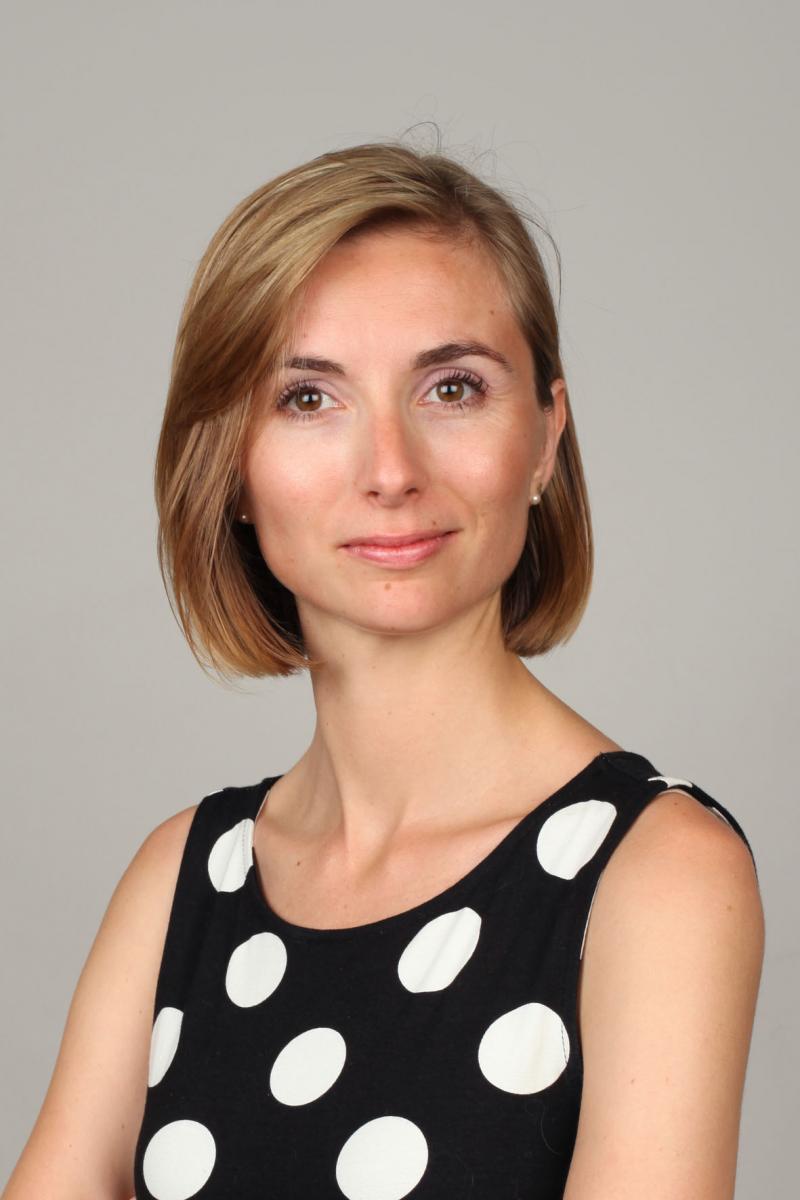EDF Climate Corps fellow | September 24, 2013
By: Anne Flore-Elard 
Imagine a coffee that can bring almost $1.5M of savings to state-managed facilities throughout its first two years of existence. No doubt creative vibes are brightening the Accelerated Energy Program at the Massachusetts Division of Capital Asset Management and Maintenance (DCAMM) and the “Leading by Example” program within the Department of Energy Resources (DOER). The team has sparked an innovative project that has the potential to impact state-managed energy efficiency programs nationwide.
Of course, I’m not talking about the drink, coffee. I’m talking about CoFFEE, the Commonwealth Facility Fund for Energy Efficiency, a unique take on revolving loan funds (RLF) which until now have historically only focused on water or recycling.
The Massachusetts CoFFEE project is an innovative financing mechanism that will provide state facilities with sustainable, flexible and affordable capital to implement energy efficiency projects over an unlimited period of time. The CoFFEE is self-sustaining and generates ongoing energy savings while avoiding additional costs due to debt-servicing from bonds.
As an EDF Climate Corps fellow this summer, I led this project under the invaluable guidance of the DCAMM and DOER team including Jenna Ide, Maggie McCarey, Hope Davis and Eric Friedman.
Jenna Ide, who worked to solidify the relationship between DCAMM and EDF Climate Corps this summer, was thrilled to have me on board.
“For me, what has been most important is to have a person dedicated to solving one problem, which although complicated, has given us the necessary focus and time to make significant progress towards establishing a State Revolving loan Fund for energy efficiency,” Jenna Ide, Deputy Director, DCAMM, said.
With DCAMM looking relentlessly for best practices in energy efficiency, I worked this summer to explore the concept and possibilities surrounding the application of a state revolving loan fund for Massachusetts facilities and their energy efficiency projects.
With such a variety of possibilities, Eric Friedman, the director for the state’s “Leading by Example” program, helped me to narrow focus this summer and align my analysis with the state’s long-term goals for the CoFFEE project.
“I think the key thing for us is that the State Revolving Loan Fund for energy efficiency (RLF) will provide an easy access and source of funding for smaller quick-to-implement projects that can result in immediate energy savings for Commonwealth agencies. The RLF would be a perfect complement to the CEIP (Clean Energy Investment Program), utility incentives and other financing resources already being utilized by state agencies,” Eric Friedman said.
This summer has been a rewarding experience and although my fellowship is quickly coming to an end, I’ve been excited to submit, on behalf of DCAMM and DOER, a detailed proposal for grant funding. The fund would provide capital to energy efficiency projects that are projected to generate almost $1.5M of pure energy savings and an additional $700K in savings on capital costs throughout the first two years of the program.
Easily replicable at other states or at other institutions, the CoFFEE will save the state and its tax-payers many dollars. Not only will energy resources be preserved and energy bills optimized, but the savings will be reinvested into future energy efficiency projects and help to further the environmental and economic health of the state.
It feels great to have contributed to the implementation of this virtuous reinforcing loop (thanks Prof. Sterman at MIT!) that will continue to generate thousands of dollars of energy savings as long as the CoFFEE project lives.
As they frequently say in Boston, time for a cuppa CoFFEE?
About EDF Climate Corps
EDF Climate Corps (edfclimatecorps.org) taps the talents of tomorrow’s leaders to save energy, money and the environment by placing specially-trained EDF fellows in companies, cities and universities as dedicated energy problem solvers. Working with hundreds of leading organizations, EDF Climate Corps has found an average of $1 million in energy savings for each participant. For more information, visit edfclimatecorps.org. Read our blog at edfclimatecorps.org/blog. Follow us on Twitter attwitter.com/edfbiz and on Facebook at facebook.com/EDFClimateCorps.